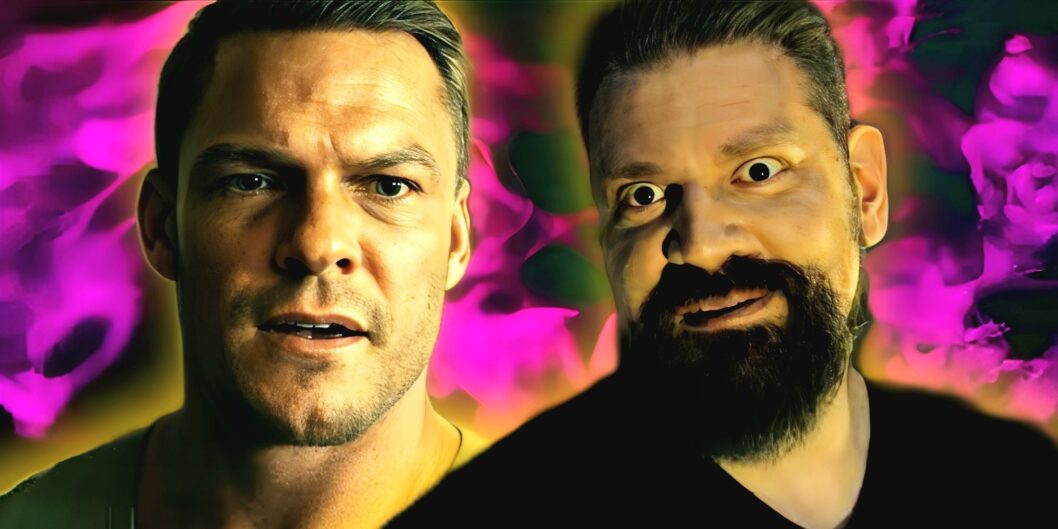"Reacher" Season 3: A Faithful Adaptation with Notable Omissions
Amazon Prime Video’s hit series Reacher continues to captivate audiences, particularly with its recently released third season, which adapts Lee Child’s novel Persuader. While the new episodes largely stay true to their source material, there are deliberate choices made by the showrunners that reshape character depictions and relationships.
Key Changes in Character Portrayal
In Season 3, the character Paulie, played by Olivier Richters, emerges as a prominent antagonist, eliciting fear and intimidation through his size and brutality. Displaying a significant military background and sociopathic tendencies, Paulie represents one of the most formidable foes that Jack Reacher, portrayed by Alan Ritchson, has encountered. The series highlights episodes where Paulie’s ruthlessness is laid bare, such as his cold-blooded murder of a maid who turned out to be an undercover ATF agent. This scene reinforces Paulie’s chilling nature, as he caps it off with an apathetic, "Oops!"
However, the adaptation takes a notable detour from the original book by omitting the character of Mrs. Beck. In the novel, her tragic fate serves to amplify Paulie’s villainy, detailing horrific acts of torture that he inflicts upon her, which contribute to the depth of his malevolence. Instead, the show merely hints at Mrs. Beck’s earlier death, simplifying her influence on the narrative and thus softening Paulie’s character to some extent.
Balancing Intimidation and Depth
Despite this omission, Paulie’s character remains terrifying in the show. Ritchson illustrates this juxtaposition during a pivotal confrontation between Reacher and Paulie. Despite his size advantage and evident brute strength, Paulie challenges Reacher with a grunt of indifference, exemplifying a shift from a purely physical threat to a psychological one. After taking a hit from Reacher, Paulie’s nonchalant response emphasizes his near invulnerability. As a result, viewers are left grappling with the question of whether Reacher will triumph over such a menacing figure.
Lee Child, the original author of the Jack Reacher series, has expressed approval of this adaptation approach. According to him, leaving out the Mrs. Beck plotline was a conscious decision aimed at focusing on the larger themes of criminal conspiracy rather than delving into individual acts of cruelty. "It was a nasty strand," Child remarked, stating that such additional brutality was unnecessary to portray Paulie as a villain. Child’s perspective indicates a clear intent to streamline the narrative in favor of a broader storyline, suggesting that a character’s inherent menace can be conveyed effectively without excessive acts of violence against others.
Contextual Significance of These Changes
The adaptation of Reacher continues to engage audiences while sparking conversations about creative liberties in the world of television adaptations. By omitting certain plot points that could have heightened revulsion against Paulie, the show positions itself to appeal to a wider viewer base while balancing intense action with meaningful character development.
Viewers and readers alike will likely debate the effectiveness of these adaptations. Questions surrounding moral implications and the necessity of depicting violence can lead to differing opinions on whether the choices enhance or diminish the narrative’s impact. Ultimately, Season 3 maintains a balance of action and character depth, paving the way for a continuing exploration of Reacher’s battles against powerful adversaries.
Conclusion: The Path Forward
As Reacher Season 3 unfolds on Amazon Prime Video, audiences are left with a concerning blend of tension and intrigue. The absence of Josephine Beck not only alters the narrative’s emotional weight but also showcases the flexibility of adaptations in today’s television landscape, where storytelling can evolve based on audience reception and creative insights. With further seasons likely on the horizon, the choices made regarding character development may continue to shape the series’ legacy within the prestige television lineup.









